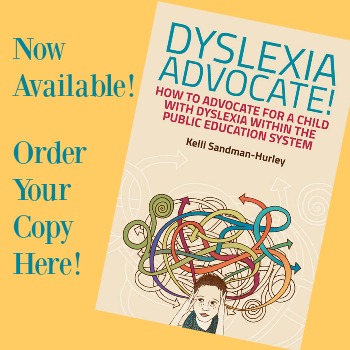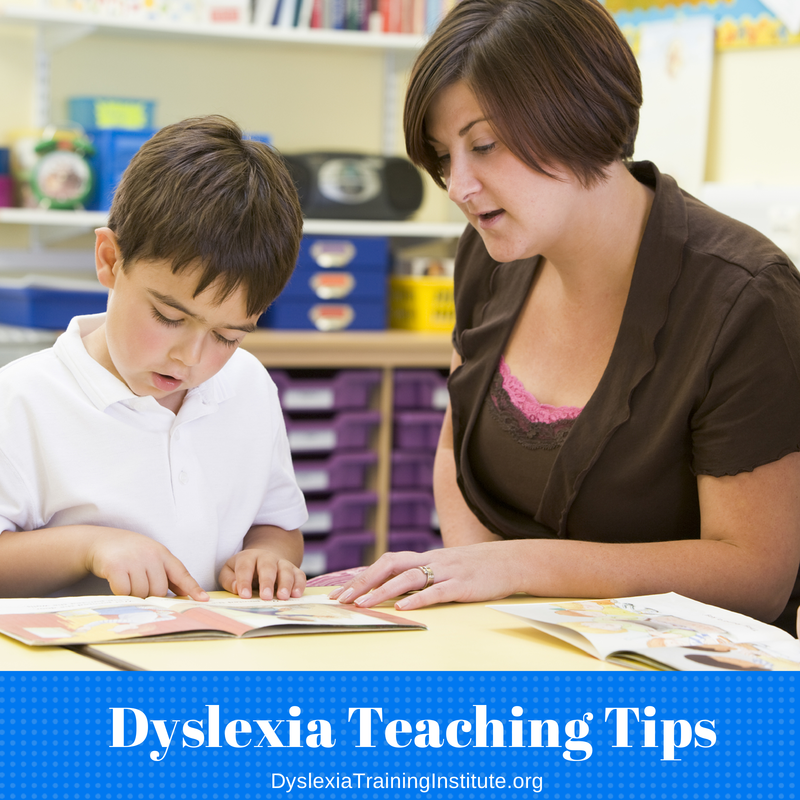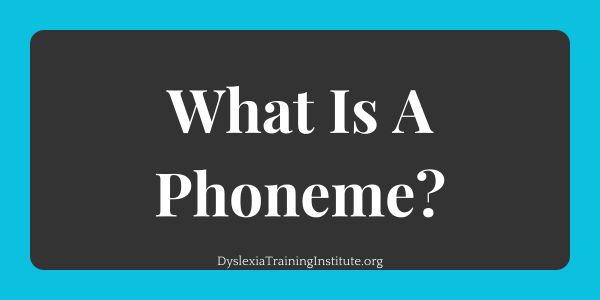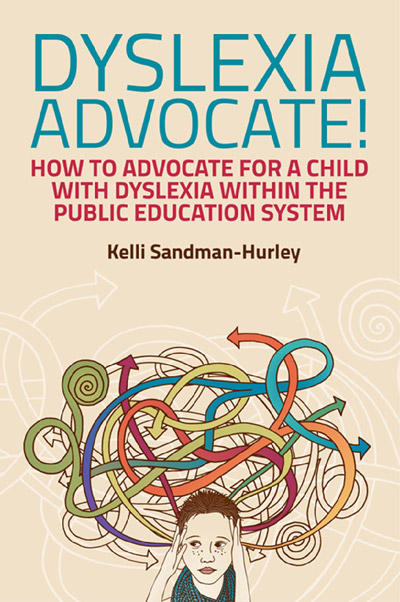
Standard scores, fluency charts, grade equivalents, percentiles and checklists, this is what most people think of when they think of measuring progress. But how many times have you been reading these ‘progress reports’ and thought, “I know he is doing better, I see it every day. Why is it not showing up in the scores?” Part of the problem is the assessments and part of the problem is the way we are assessing progress in students who are learning the structure of the English language. We are assessing them with standardized and informal assessments and asking them questions, when we should be listening to the questions they are asking us.
Dyslexia: The Language of Progress
For example, I was talking with my student about the word <arrive> when we determined that the word sum was <ar> + <rive> —> arrive. This led me to ask, “Do you see why there are two <r>s in the word <arrive>?” He responded by suggesting that we should just get rid of one <r> to make things easier for kids like him. But, as I began to remind him that the prefix <ar> (assimilated from <ad->) added meaning to the bound base of <rive>, he exclaimed (and I mean he really exclaimed), “Ohhh, so the more letters that are in the word, gives more meaning to the word.” I was completely taken by surprise for two reasons and told him that was one of the smartest things I have heard anyone say about Structured Word Inquiry and OG – and I was dead serious. I was surprised that this was the first time I had heard what I taught explained in such a deep, meaningful way from a student who had previously completely shut down when it came to trying to read and spell, but he just showed me in one sentence that he gets it, on a deep and conceptual level. What else could I possibly ask for? The second reason I was surprised was because on this particular day, I wasn’t entirely convinced he was buying into our session, but his exclamation was all the proof I needed that he was learning and I was so glad that I was listening to what he said, really listening.
My student’s understanding may not immediately translate into better reading and writing, but he has to understand the concept before he can apply it. I think we spend too much time initially working on the hows and trying to improve the performance instead of teaching the whys and answering the questions. And answer those questions, even if they take you far, far off your preplanned course. So, what are your students asking you that help you assess their understanding? Write down their questions, try to answer their questions, and if you can’t, by all means investigate their questions together. Go off script to build and assess knowledge.
Download a PDF copy of this article here.






I am senior dyslexic who has suffered for a life time with this disability. I recently began researching the internet on the significant unknown effect that it has had on my life. I am trying to understand how it has influenced my life in many ways beyon language and communication skills..
I am currently focused on ‘intergenerational dyslexia” – father to son repeated over multiple generations..
Herre is an area that requires extensive research and understanding .
Does your organization work in this area? Can you suggest resources for information and contacts data??
Sincerely, Thomas